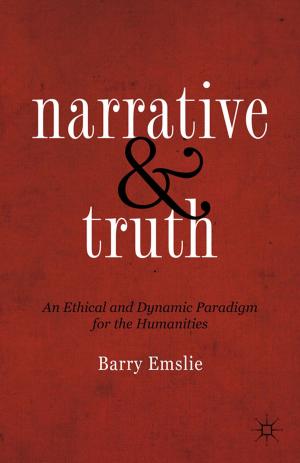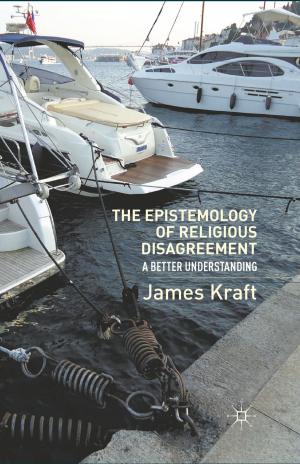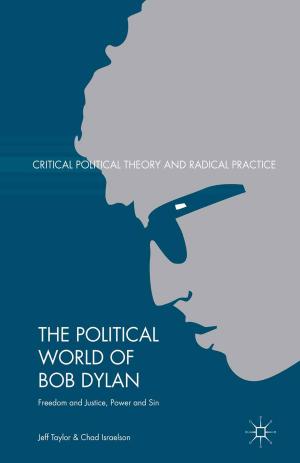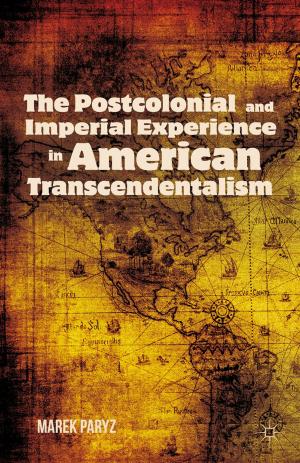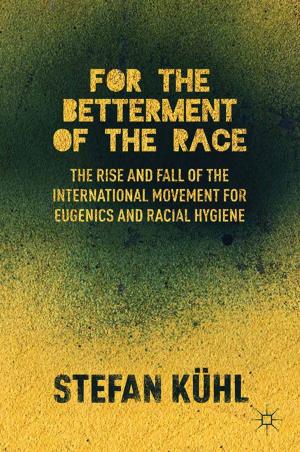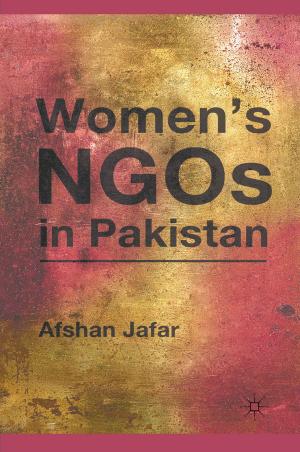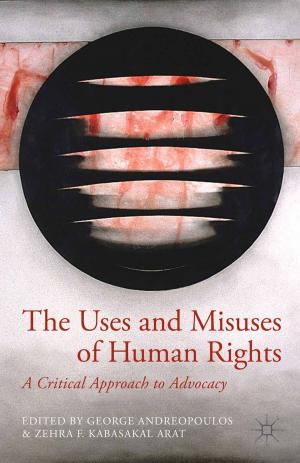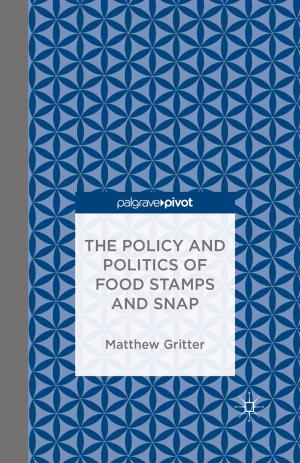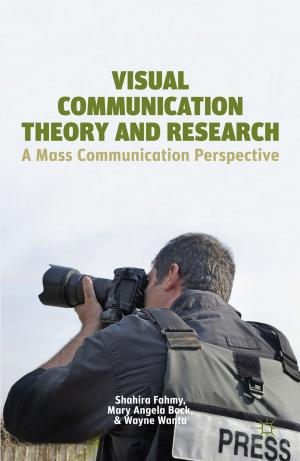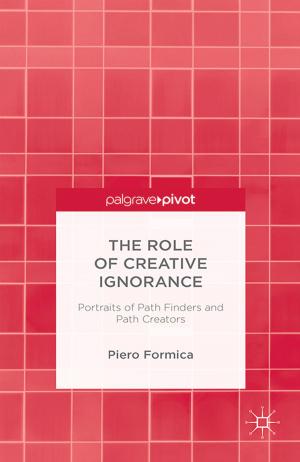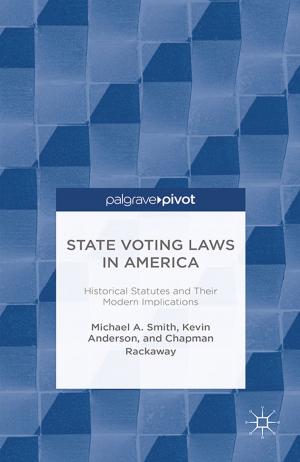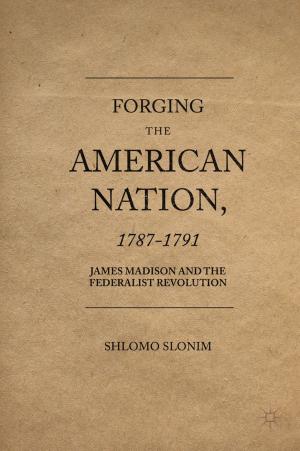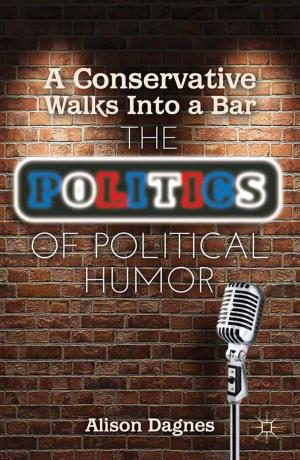The Lasting Influence of the War on Postwar British Film
Nonfiction, Entertainment, Performing Arts, Film| Author: | M. Boyce | ISBN: | 9781137015044 |
| Publisher: | Palgrave Macmillan US | Publication: | February 14, 2012 |
| Imprint: | Palgrave Macmillan | Language: | English |
| Author: | M. Boyce |
| ISBN: | 9781137015044 |
| Publisher: | Palgrave Macmillan US |
| Publication: | February 14, 2012 |
| Imprint: | Palgrave Macmillan |
| Language: | English |
Many of the most celebrated British films of the immediate post-war period (1945-55) seem to be occupied with "getting on" with life and offering distraction for postwar audiences. It is the time of the celebrated Ealing comedies, Hue and Cry (1946) and Kind Hearts and Coronets (1949), Dickens adaptations, and the most ambitious projects of the Archers. While the war itself is rarely mentioned in these films, the war and the conditions of postwar society lie at the heart of understanding them. While various studies have focused on lesser known realist films, few consider how deeply and completely the war affected British film. Michael W. Boyce considers the preoccupation of these films with profound anxieties and uncertainties about what life was going to be like for postwar Britain, what roles men and women would play, how children would grow up, even what it meant - and what it still means today - to be British.
Many of the most celebrated British films of the immediate post-war period (1945-55) seem to be occupied with "getting on" with life and offering distraction for postwar audiences. It is the time of the celebrated Ealing comedies, Hue and Cry (1946) and Kind Hearts and Coronets (1949), Dickens adaptations, and the most ambitious projects of the Archers. While the war itself is rarely mentioned in these films, the war and the conditions of postwar society lie at the heart of understanding them. While various studies have focused on lesser known realist films, few consider how deeply and completely the war affected British film. Michael W. Boyce considers the preoccupation of these films with profound anxieties and uncertainties about what life was going to be like for postwar Britain, what roles men and women would play, how children would grow up, even what it meant - and what it still means today - to be British.


